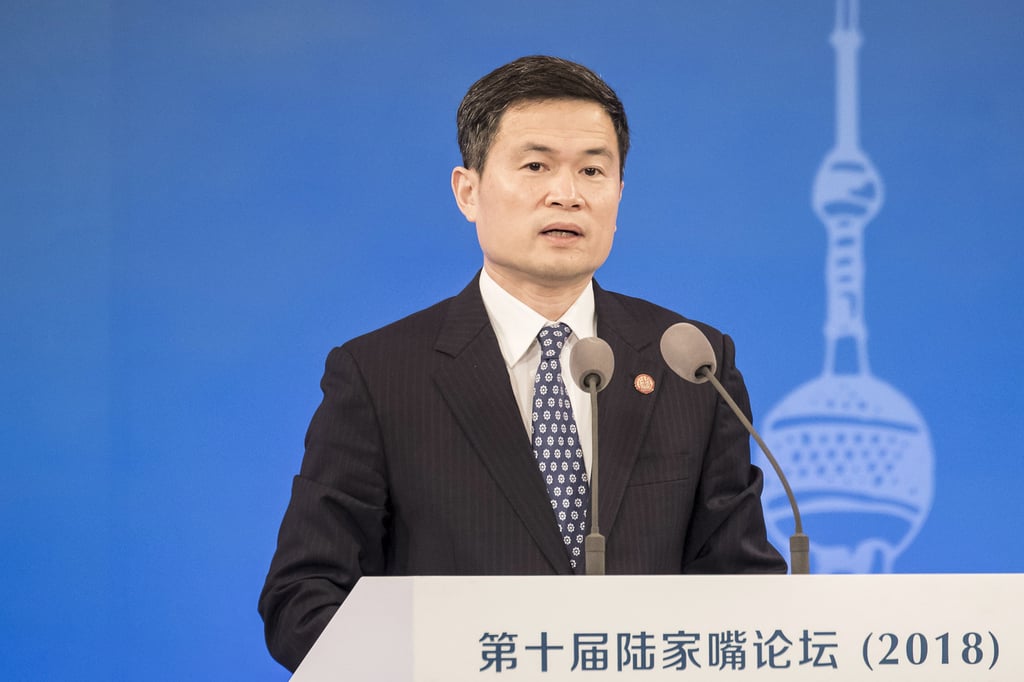Advertisement
China to enhance Hong Kong’s status as a global financial hub, adding overseas stocks to cross-border trading scheme
- An expansion of the Stock Connect scheme will give mainland traders access to overseas companies listed in Hong Kong, official says
- That gesture and others won plaudits from banking and regulatory officials amid the city’s technical recession
Reading Time:4 minutes
Why you can trust SCMP
1

China’s government has widened a crucial transborder stock trading scheme in Hong Kong to strengthen its status as a global financial hub, in a crucial gesture that has won plaudits from banking and regulatory officials amid the city’s technical recession.
An expansion of the eight-year-old Stock Connect scheme will give mainland Chinese traders access to the shares of Hong Kong-listed overseas companies for the first time, according to the China Securities Regulatory Commission’s vice-chairman Fang Xinghai, at a financial forum in Beijing on Friday.
In addition, regulators in China and Hong Kong are studying a plan to create a special trading counter in Hong Kong for yuan-denominated stocks to facilitate the internationalisation of the Chinese currency, Fang said. Chinese Vice-Premier Han Zheng this week touted Hong Kong’s uniqueness as China’s offshore financial hub during a forum to promote the Belt and Road Initiative (BRI).
Advertisement
The Chinese central bank had just upgraded Hong Kong’s yuan settlement programme into a permanent arrangement in July, and raised the allocation by 60 per cent to 800 billion yuan (US$116 billion), giving the city a leg up over Singapore as the world’s trading hub for offshore yuan.

The CSRC will also help Hong Kong to launch futures trading linked to Chinese government bonds and allow foreign investors to trade the derivative product on onshore markets, Fang said, without revealing when these changes would take place.
Advertisement
Advertisement
Select Voice
Choose your listening speed
Get through articles 2x faster
1.25x
250 WPM
Slow
Average
Fast
1.25x